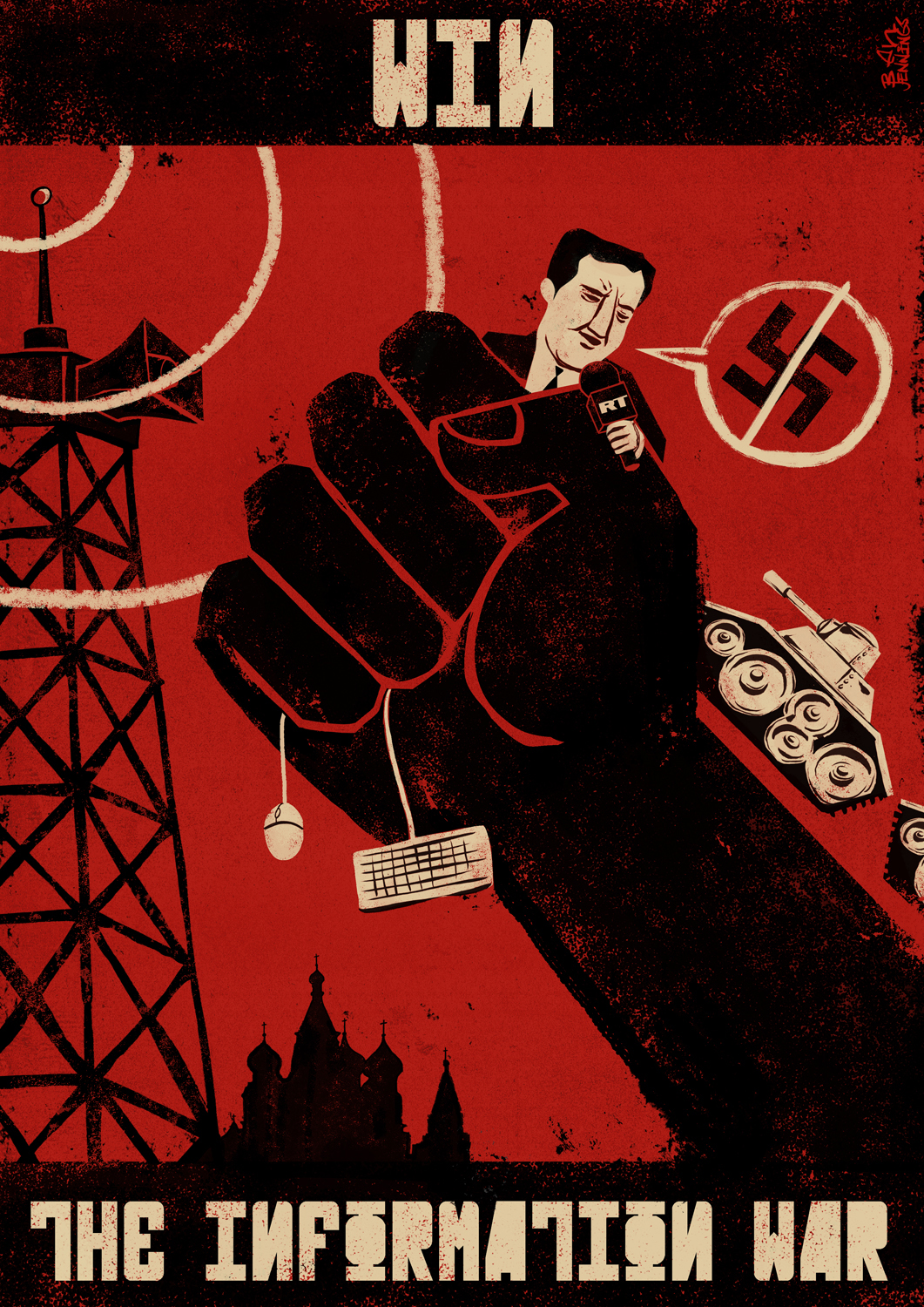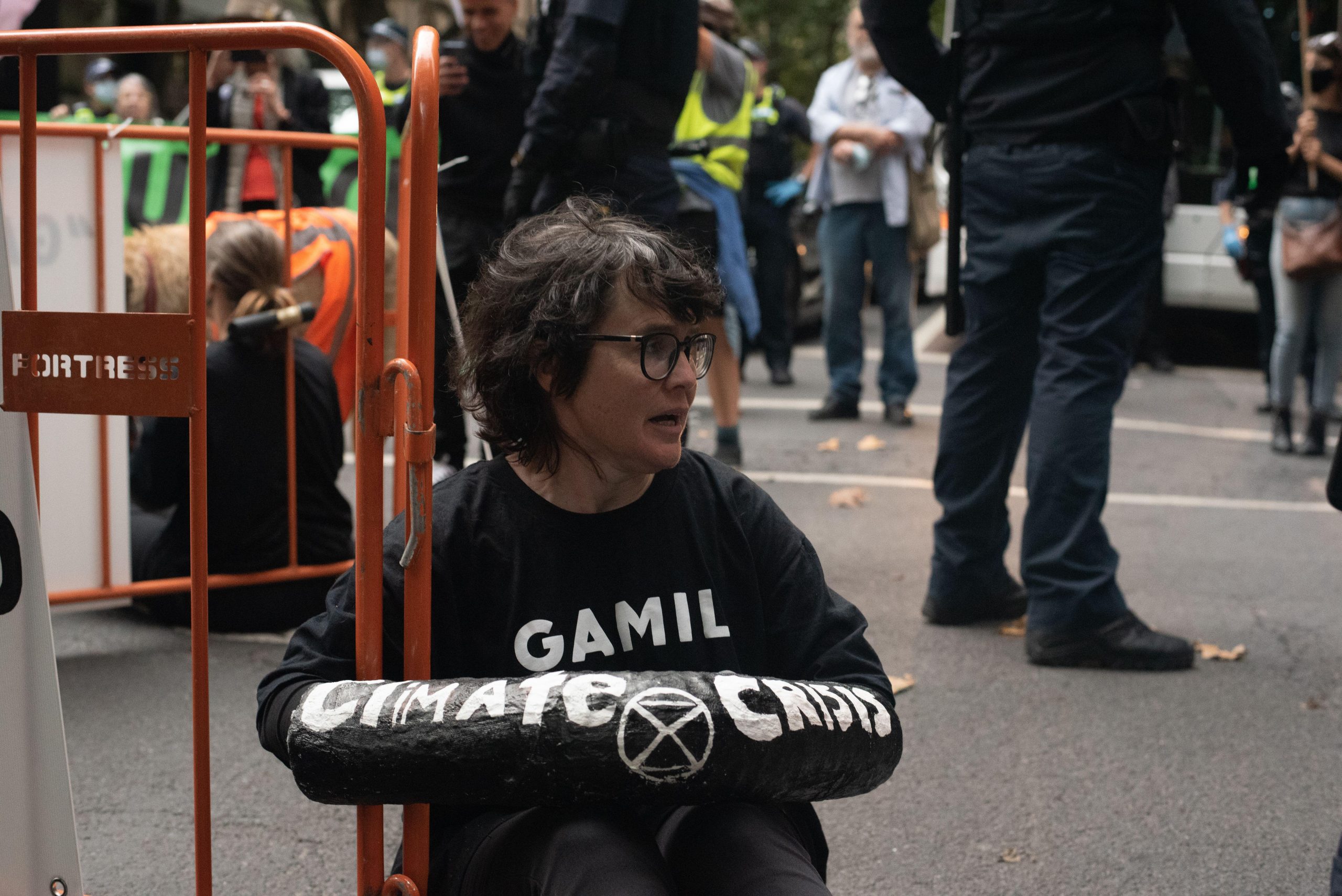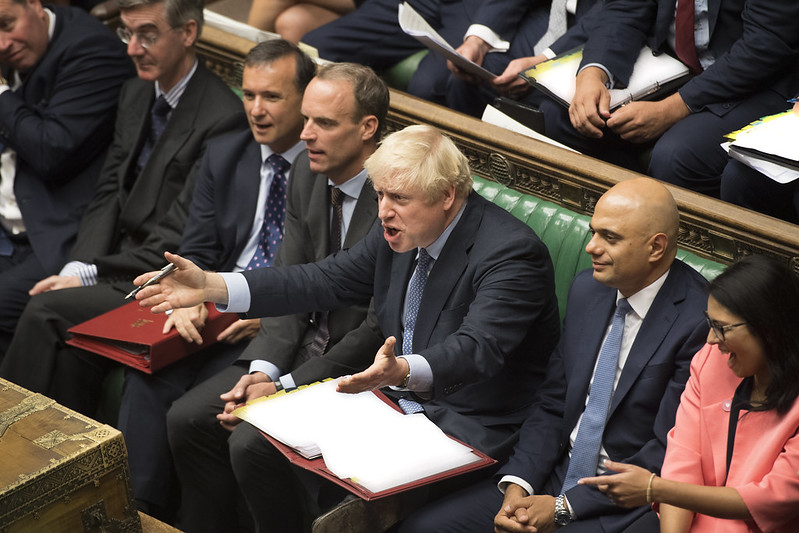
Ben Jennings for Index on Censorship
Draw the Line: We want to hear your thoughts on key free expression issues
Each month, our Youth Advisory Board will choose a free expression topic and encourage readers to respond to the issues it raises via social media. Draw the Line also features pieces from our Young Writers/Artists programme as well as relevant features from our award-winning quarterly magazine.
This month’s question: Do wars justify censorship?
The British government established the War Office Press Bureau 100 years ago this month to censor reports from the British Army before they were issued to the press. Colonel Ernest Swinton, the first man to be appointed the Army’s official journalist, wrote later: “The principle which guided me in my work was above all to avoid helping the enemy… I essayed to tell as much of the truth as was compatible with safety, to guard against depression and pessimism, and to check unjustified optimism which might lead to a relaxation of effort.”
During the First World War, censorship was deemed crucial to send the public the right messages, and keep the enemy in the dark about tactics.
Today, especially in times of war, governments continue with their attempts to control what the public and the outside world are told, often in the name of national security.
Amid the conflict in Israel and Gaza, both sides have been guilty of clamping down on free speech and the press.
Israel last month conducted three air strikes on buildings housing media outlets in Gaza, injuring at least three journalists and, according to the Committee to Protect Journalists, violating international law.
On the Palestinian side, Hamas expelled Russia Today journalist Harry Fear after he referred to the location of rockets fired towards Israel on Twitter, and a university lecturer was arrested for criticising Palestinian president Mahmoud Abbas on Facebook.
As the internet provides a platform for everyone to publish information that might aid the enemy, reporting restrictions that were once limited to the work of journalists extend into the personal lives of us all.
In times of war, can censorship be justified in the name of keeping us safe? Or is national security simply an excuse used by governments to clamp down on their critics?
Participate in the discussion by tweeting your thoughts with the hashtag #indexdrawtheline and follow responses at Draw the Line.




